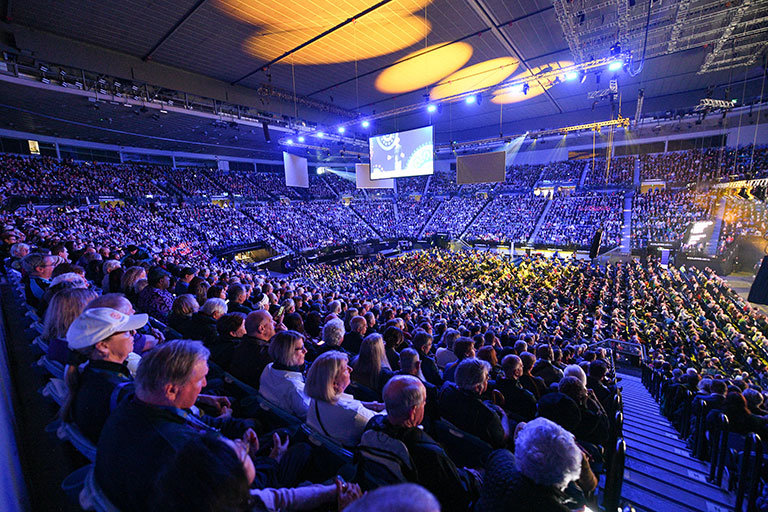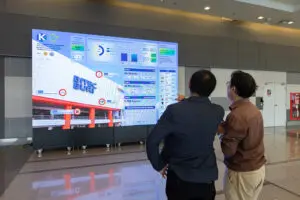The report was written by Leo Jago for the Australian Business Events Association (ABEA). Jago is an academic who has worked extensively in the business events space. He is both the former chair of the Business Events Council of Australia, which preceded ABEA, and a current board member of the young association.
Given this report covers the 2023 calendar year and draws mostly from secondary data – research completed by others – many of the trends identified in the report will be familiar, however the industry concerns, identified at the end of the report, while familiar, are almost a call to action for the way forward for industry.
“ABEA intends to undertake industry-wide surveys in the coming year to directly assess market sentiment and explore key industry issues,” said Jago.
“The results of these studies, in collaboration with Tourism Research Australia (TRA) and other partners, will feature prominently in future reports.”
ABEA says the report will be released earlier in future years.
In terms of industry performance, the document notes that the sector was hampered by labour constraints and lack of aviation during 2023 – with aviation largely recovering by the end of the year – but concludes that by most measures the industry reached or exceeded pre-COVID levels.
Trends highlighted in the report include the rise of millennials as an experience-seeking attendee cohort, with their short attention spans and technology literacy, for whom face-to-face events are a desirable counterpoint to the extensive time they spend online; the escalating importance of physical and data safety and events which prioritise the health of delegates; sustainability and concerns about waste and carbon footprints, the importance of legacy and corporate social responsibility and the recognition of Indigenous cultures; changing event programs, including shorter sessions, more white space for digestion and reflection, more attendee engagement and more accessibility and inclusivity.
The rising use of data and artificial intelligence were also identified as trends, as was the shrinking of programs and the use of close-to-home destinations as ways of addressing the challenge of rising costs.
The lack of data on the business events industry itself was raised throughout the report, with Jago pointing out that current visitor economy data – including the new business events dashboard created by Tourism Research Australia – failed to capture a huge slice of the impact of business events generated by local delegates who did not travel to attend events. The “beyond tourism” value of business events was also raised as a concern – that the full value of the industry is not recognised beyond the bounds of the sector.
Perhaps the most significant existential concern raised by the report is that of sustainability and carbon emissions, particularly in relation to air travel. Jago cites a number of studies which show air travel makes up 80 per cent of the emissions of an event and points out that carbon emissions reporting for organisations is becoming mandatory in some countries. This combination, as organisations seek to drive down their carbon emissions and Australia being a long-haul destination from many of its key business events markets, could see Australia become a prohibitively carbon-expensive country in which to host an event. It is also worth noting that Australia’s growth potential for business events comes from the international market.
Human resources and technology and artificial intelligence were also noted as concerns, with the industry needing to hire staff with greater technology competency as technology advanced and put effort into ensuring the industry was an attractive long-term prospect for young talent. Concerns around the use of AI and the protection of data were raised on the technology front.
“This is a crucial resource for our members and the broader business events community,” said ABEA CEO, Melissa Brown.
“It provides valuable insights into the challenges and opportunities shaping the industry, both globally and domestically.
“This report not only highlights the resilience and recovery of the business events sector but also underscores ABEA’s commitment to delivering actionable data and meaningful analysis that will help our members thrive in an ever-evolving landscape.”




















